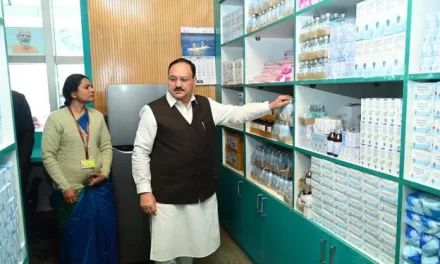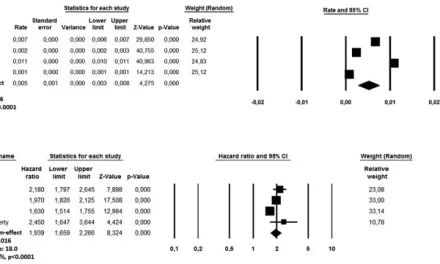In a groundbreaking discovery, a team of scientists in China has identified microplastics in a staggering 80 per cent of blood clots associated with conditions such as stroke, heart attack, and Deep Vein Thrombosis (DVT), raising significant concerns about the potential health impacts of these ubiquitous pollutants.
Microplastics, defined as any type of plastic particle measuring less than 5 mm in length, have long been recognized as a pressing environmental and health issue worldwide, infiltrating ecosystems and posing risks to both wildlife and human health.
The findings of the new study, published in the journal eBioMedicine, shed light on the pervasive presence of microplastics within blood clot samples retrieved from various arterial and venous sites in 30 patients, including cerebral arteries in the brain, coronary arteries in the heart, and deep veins in the lower extremities.
Tatiana Prowell, Associate Professor of Oncology at Johns Hopkins University in the US, expressed alarm over the implications of the study’s findings. “Microplastics found in 80 per cent of clots retrieved from blood vessels after heart attack, stroke, or deep venous thrombosis. This is really bad news. Plastics are everywhere in modern life,” Prowell commented.
The study underscores the urgent need for comprehensive investigations into the potential health impacts of microplastics, particularly concerning their association with cardiovascular events. It suggests that the presence of microplastics may exacerbate the severity of heart attacks, strokes, or deep venous thrombosis.
“Our findings suggest that microplastics of different concentrations, polymer types, and physical properties are present in human thrombi (blood clots) and that higher levels of microplastics may be associated with disease severity,” explained the researchers from the First Affiliated Hospital of Shantou University Medical College, China.
The researchers emphasized the necessity of further research with a larger sample size to elucidate the sources of microplastic exposure and validate the observed trends identified in the study.
The discovery of microplastics within blood clots associated with cardiovascular events highlights the need for concerted efforts to address plastic pollution and mitigate its adverse impacts on human health, reinforcing the importance of proactive measures to safeguard both environmental and public health.












